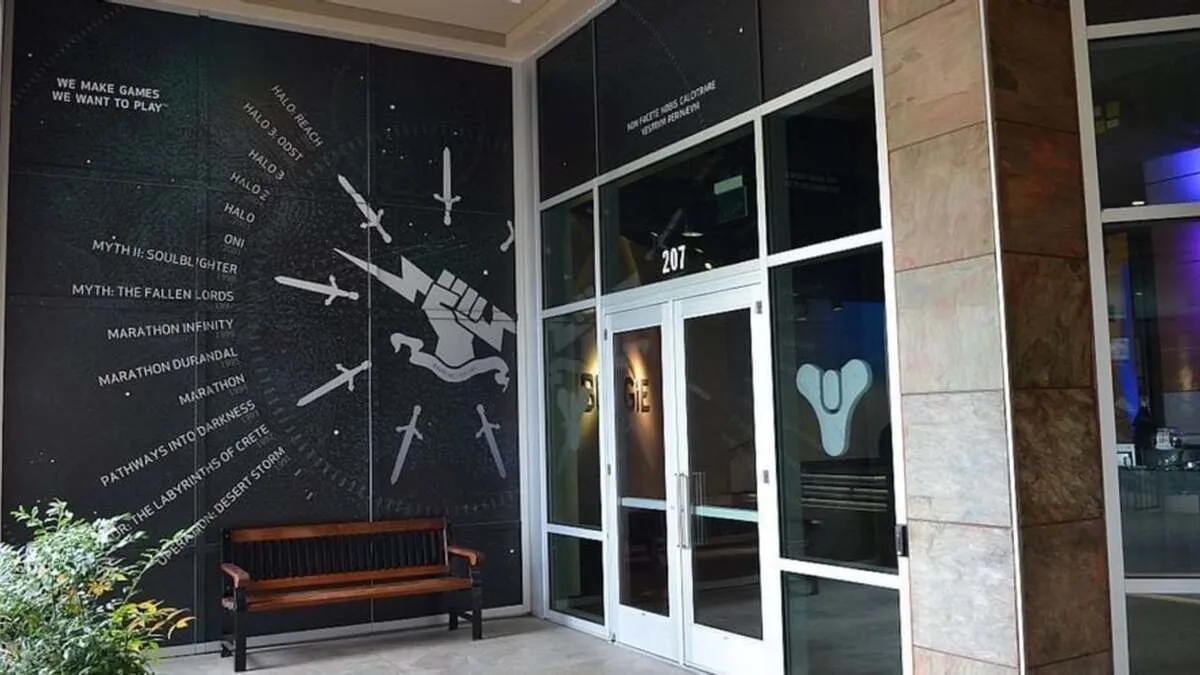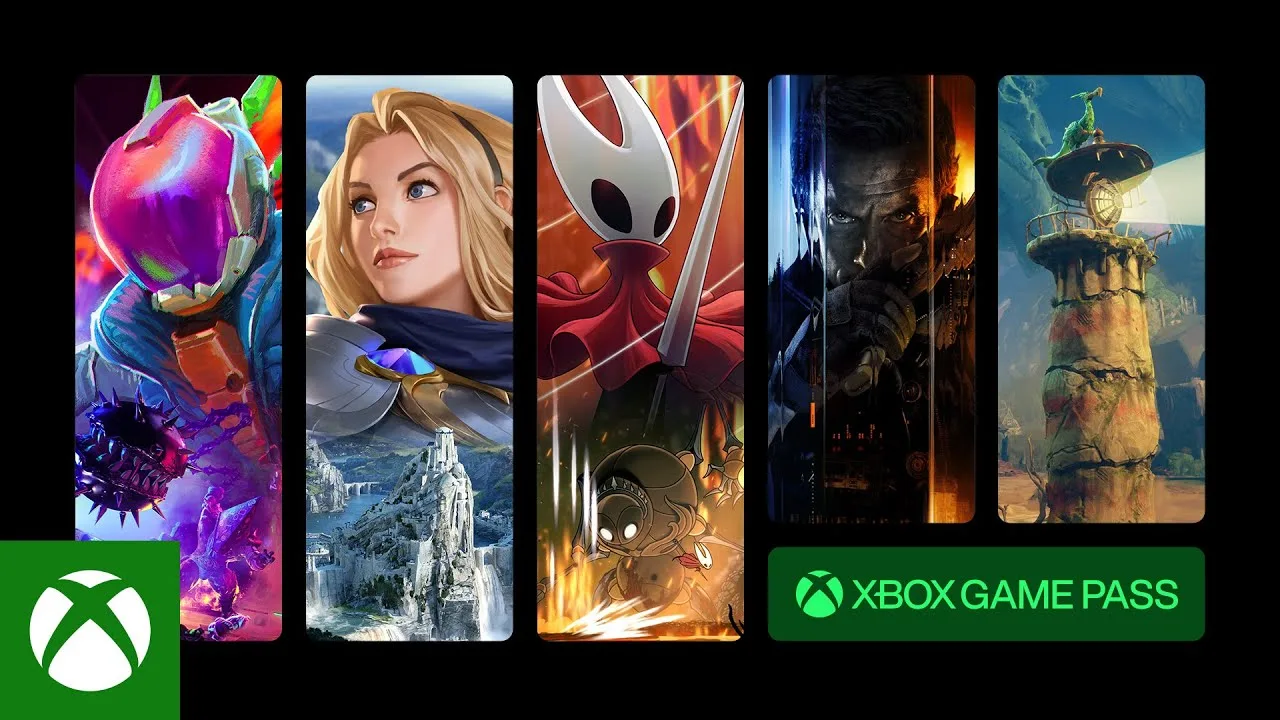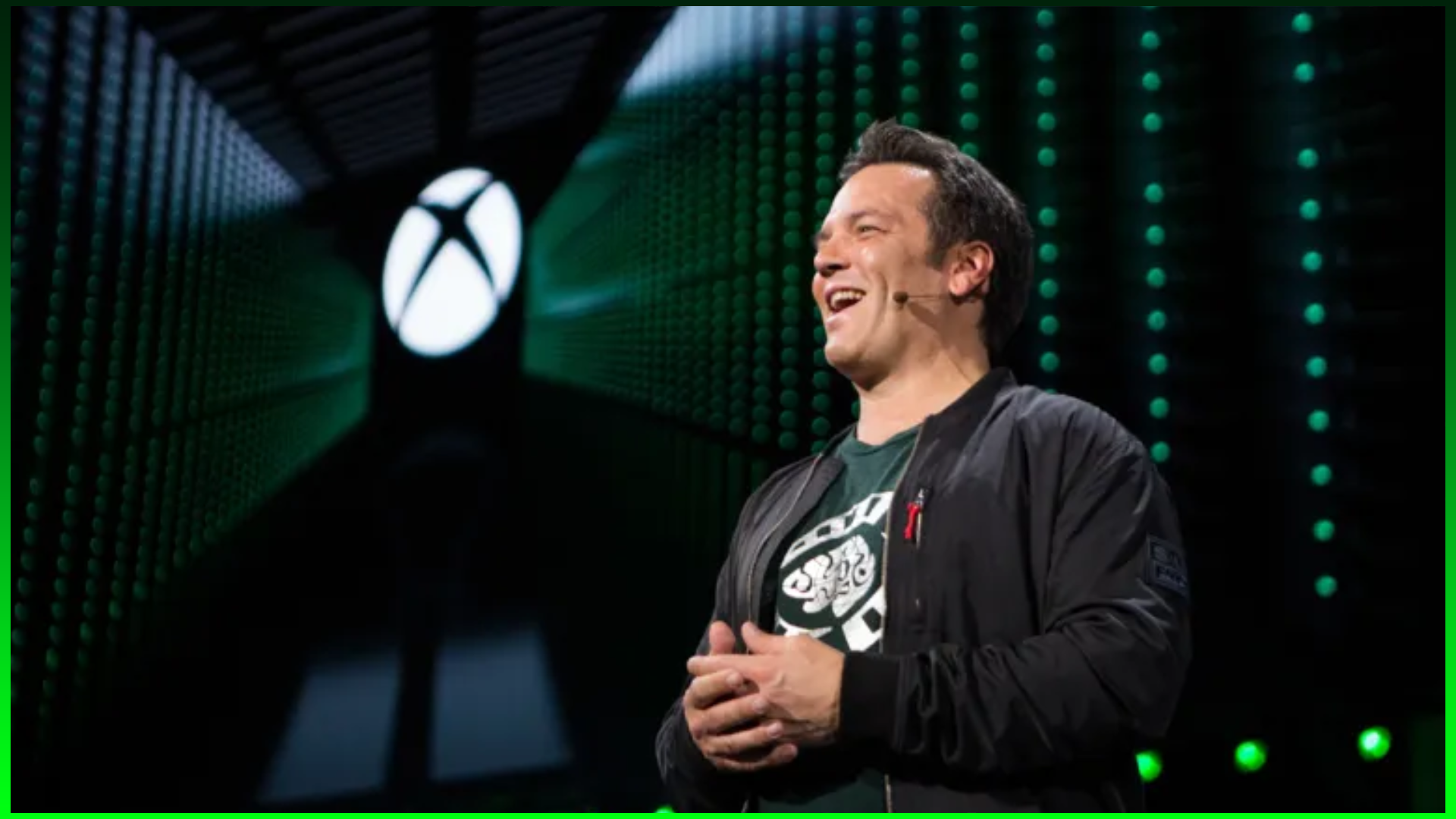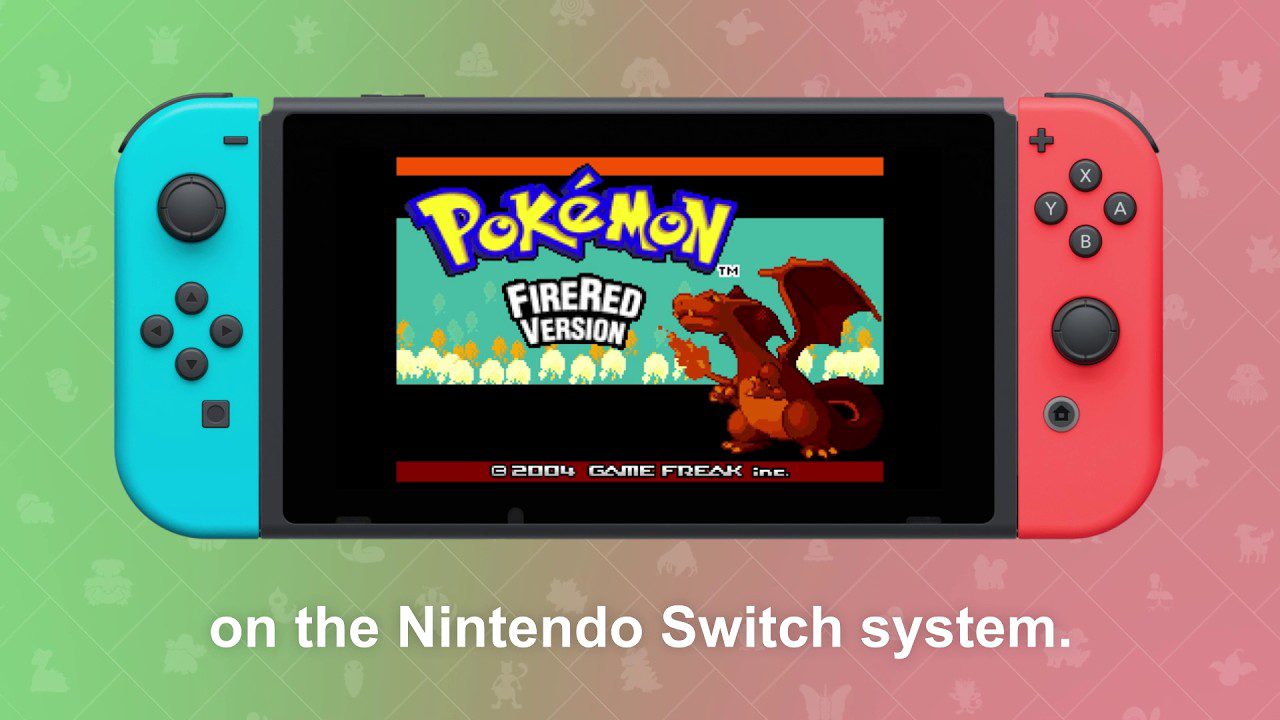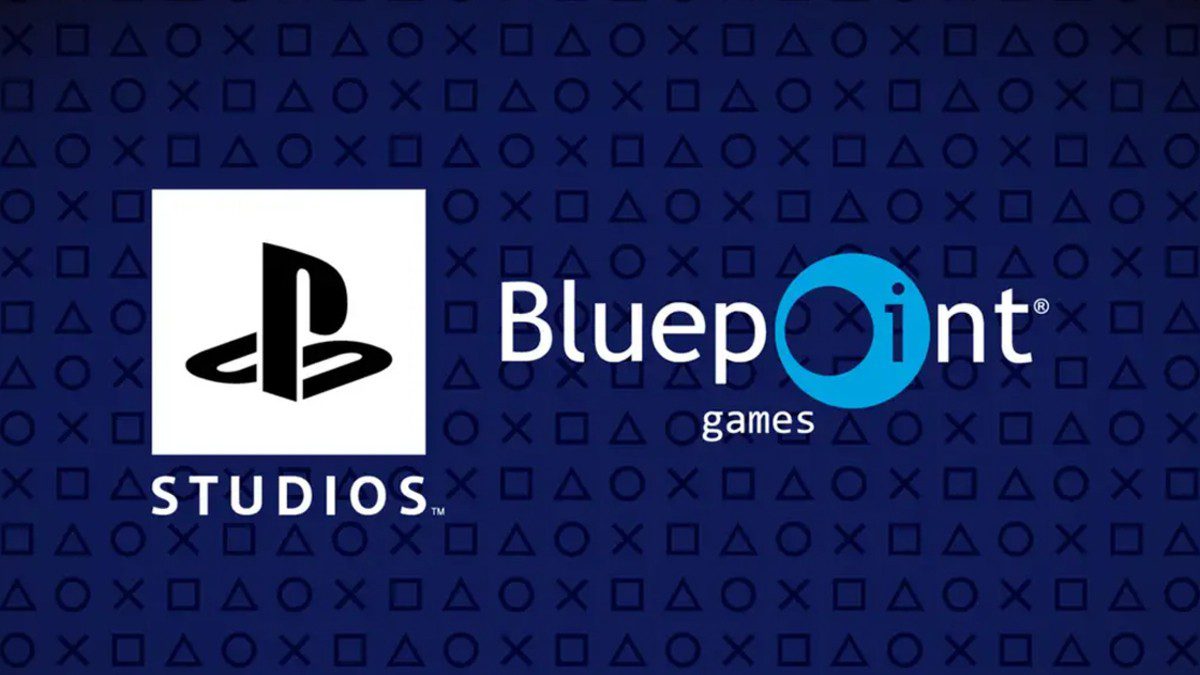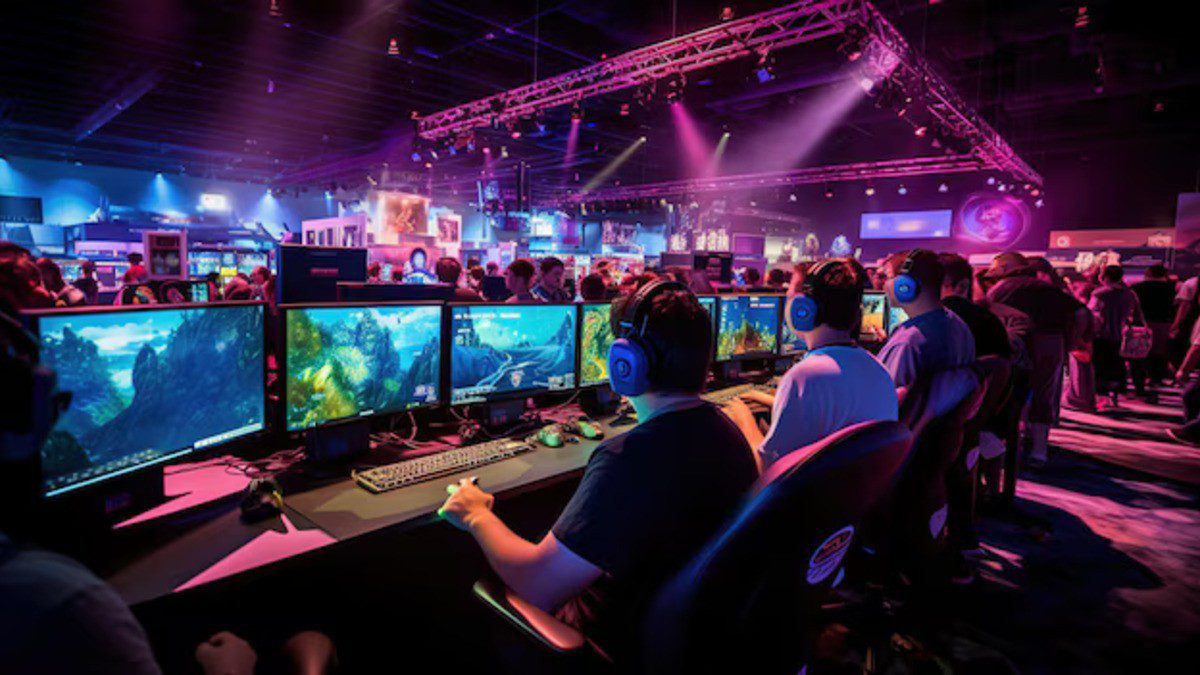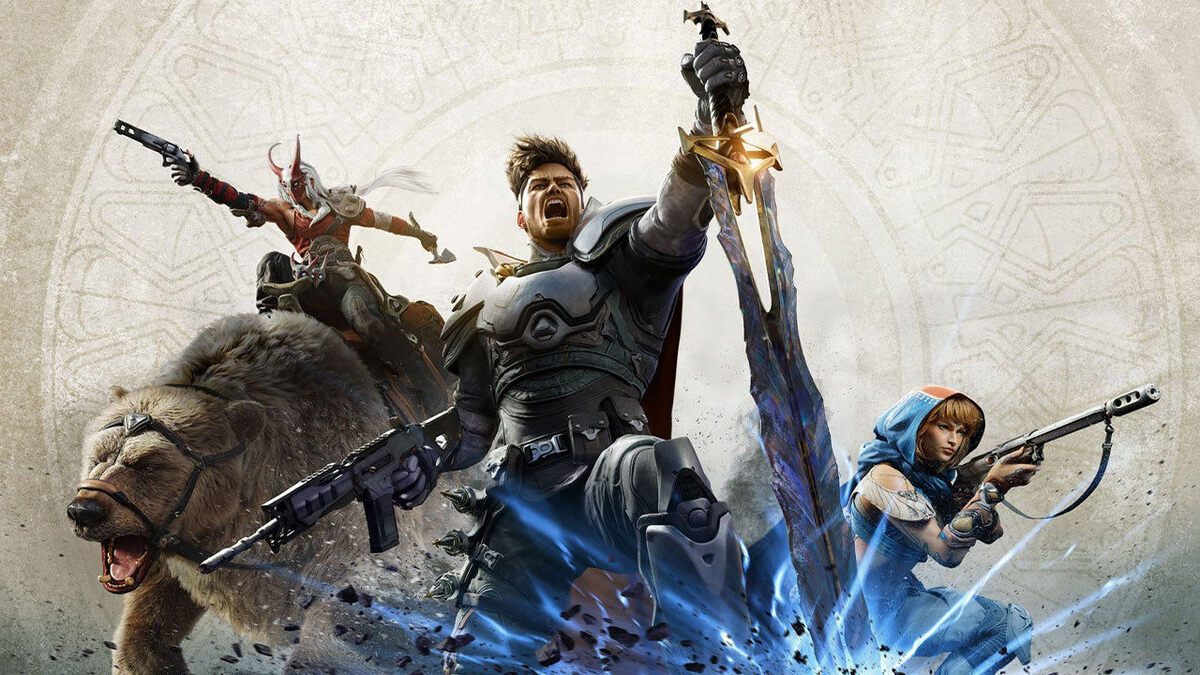When Bungie published its recent Passing the Torch announcement, it marked more than just a leadership change — it was a symbolic moment in the studio’s long, storied history. For a company that has prided itself on creative autonomy, the timing and tone of this handover feel inseparable from the seismic shifts Bungie has undergone since Sony’s $3.6 billion acquisition in 2022.
This isn’t just about who’s steering the ship. It’s about how the ship itself has been rebuilt, repainted, and — some would argue — quietly pulled into a different harbor.
The Backstory: Sony’s Big Bet on Bungie
When Sony Interactive Entertainment announced the Bungie deal in January 2022, the messaging was clear and confident: Bungie would remain an independent subsidiary, free to self-publish and continue releasing games across multiple platforms.
The rationale was twofold:
- Live Service Expertise – Destiny 2 was a proven, revenue-generating machine, and Sony wanted Bungie’s know-how to fuel its own push into live service games.
- Creative Freedom as a Selling Point – Bungie’s leadership, led by CEO Pete Parsons, emphasized that the partnership was about acceleration, not assimilation.
At the time, this arrangement was pitched as a win-win: Sony gained a live-service powerhouse without stifling its culture, and Bungie gained the resources to expand its IPs into multimedia ventures.
Fast-forward three years, and the narrative has shifted dramatically. Destiny 2’s expansions have faced mounting criticism for bugs, content droughts, and controversial monetization decisions. Marathon, Bungie’s big new IP revival, has been delayed and dogged by backlash over stolen artwork.
Internally, the studio has endured:
- Layoffs – Around 220 employees were cut in 2024, hitting morale hard.
- Leadership Departures – High-profile creative leads, including Luke Smith, Mark Noseworthy, and Joe Blackburn, have exited.
- Sony’s Growing Frustration – PlayStation executives have publicly called for more “accountability” on budgets and deadlines.
The once-proud “independent subsidiary” status has been steadily eroded. In August 2025, Sony CFO Lin Tao confirmed that Bungie’s independence is “getting lighter” and that the studio is being integrated into PlayStation Studios.
Against this backdrop, Passing the Torch takes on a layered meaning. Leadership changes at Bungie are nothing new — the studio has reinvented itself multiple times since its 1991 founding — but this transition feels different.
It’s happening at a moment when:
- Bungie’s operational autonomy is shrinking.
- Its flagship game is in a precarious state.
- Its next big project is under intense scrutiny.
The “torch” here isn’t just creative leadership — it’s the very identity of Bungie as a semi-independent force in the industry. And that torch is now being passed within a framework increasingly defined by Sony’s corporate priorities.
From Halo to Here: A Pattern of Reinvention
Bungie’s history is a cycle of partnerships, breakaways, and reinventions:
- 1990s–2000 – Independent Mac-focused developer, creator of Marathon and Myth.
- 2000–2007 – Acquired by Microsoft, became synonymous with Halo.
- 2007–2010 – Regained independence, signed a 10-year publishing deal with Activision.
- 2019 – Split from Activision, self-published Destiny 2.
- 2022–Present – Acquired by Sony, initially promised independence, now moving toward full integration.
Each era has brought both creative highs and corporate compromises. The difference now is that Bungie’s creative freedom — once the non-negotiable core of its identity — is no longer guaranteed.
What This Means for Players and the Industry
For Destiny fans, the immediate concern is whether integration will stabilize or further disrupt the game’s future. For the industry, Bungie’s journey is a case study in how “independence” in acquisitions often has an expiration date.
Sony’s shift from hands-off partner to active overseer mirrors a broader trend: publishers are less willing to tolerate underperformance in the high-stakes live service market. The romantic notion of a big corporation funding a studio’s vision without interference is giving way to a more pragmatic, metrics-driven reality.
Bungie’s Passing the Torch is framed as a moment of renewal, but it’s also a reminder that the studio’s destiny is no longer entirely its own. Whether this new chapter leads to a creative resurgence or a slow assimilation into the PlayStation machine will depend on how much of Bungie’s original spirit survives the transition.
One thing is certain: the Bungie that Sony bought in 2022 is not the Bungie we see today. And for a studio whose legacy is built on bold reinvention, the question isn’t whether it will change — it’s whether it can still change on its own terms.

